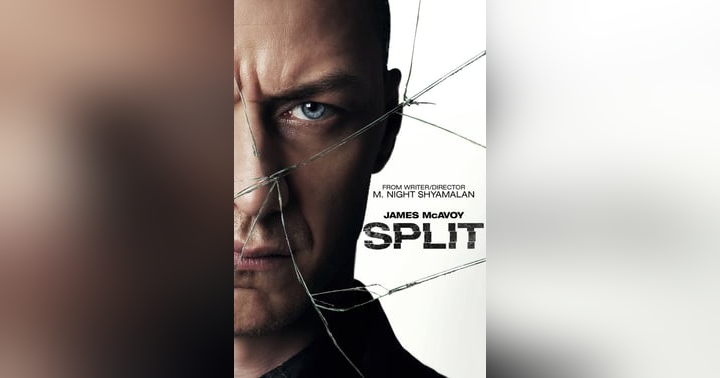Inheritors of the Fire

“The danger in bringing the light to a dark place, is that you might find out what lives in the darkness”.
-OUT OF DARKNESS (2022)
The nature of horror is ancient. It resides in the flickering shadows of our earliest ancestral memories, going back to the dawn of human thought. Horror has tooth and claw, is written in fear and blood, has many faces, always changing to fit the times. Yet, I would argue, it is genetic. A hidden and predatory force which has followed us throughout history, encoded into our very DNA and survival instincts.
Today’s film review opens us up to a larger dialogue which deals not only with the topic of isolationist folk horror, but prehistory. This British movie, originally titled ORIGINS, was recently released as OUT OF DARKNESS and is now streaming on Showtime. The film has a minimalist action approach, and hearkens back to other classic sub-genre fare as QUEST FOR FIRE (1981), and CLAN OF THE CAVE BEAR (1986). The film starts out around a small campfire with one of the characters asking another character to “Tell me a story”. And, fundamentally, that is where all human stories begin.
However, while watching OUT OF DARKNESS (which is a decent survival horror movie set 45,000 years ago), it immediately reminded me of a novel that is deserving of more recognition, and that is with THE INHERITORS, written by William Golding in 1955. The book is the follow-up to his classic work LORD OF THE FLIES, which was released in 1954 and considered one of the great novels of the modern era.
Both THE INHERITORS and OUT OF DARKNESS deal with similar themes, such as the emergence of Homo sapiens, and take place in prehistoric times with our cave dwelling ancestors. For all intents and purposes, they are a reflection of each other and serve as both supplemental and complimentary narratives.
I’ve wanted to discuss THE INHERITORS for some time, as it is a largely unknown work from a lauded author (though it did win a Nobel Prize for literature), that tackles some very interesting and socially conscious subject matter in regards to “the other”, while also holding the strange and unique genre of “prehistoric science fiction”.
The novel is an imaginative tale centered around a band of Neanderthals who are struggling to survive, engage in elaborate burial rituals, worship the divine feminine, and speak in a very primitive language of grunts, hand gestures, and a form of mental telepathy.
By comparison, OUT OF DARKNESS took a little too much creative liberty with depicting Homo sapiens as having a fluent and elaborate “universal” language, some 45,000 years ago. While many scholars believe human language and verbalization did indeed originate as far back as 70,000 years, it’s very unlikely that it would have been as robust and intricate as depicted in OUT OF DARKNESS.
And that is also one of the things which makes THE INHERITORS so interesting, in that most of the book is written in the Neanderthal's stark, simplistic and stylistic perspective, which utilizes a more primitive telepathic connection between all of the characters. While they can’t communicate with any advanced vocalizations, they are still able to share complex thoughts and ideas in what might be deemed a more “primitive” and “animalistic” manner. It was a very bold and unique way to write a novel, and to me the experimental approach provides a very memorable read.
As stated, both works deal with the social context of “the other”, with the book viewing the arrival of Homo sapiens, and their more advanced weaponry, sailing ability, and mastery of fire as being almost compared to god like aliens appearing out of nowhere and conquering new territories.
Though works of fiction, there is a profound social commentary to be had with both pieces mentioned in today’s article, and one of which has implications in our understanding of each other, our history, and perhaps even our future. “Tell me a story”, the character asks, sitting around the tribal camp fire. That is where all stories begin, and where perhaps, they all might end.
======
Michael A. Dyer is the host of the HORROR TO CULTURE podcast and website.


